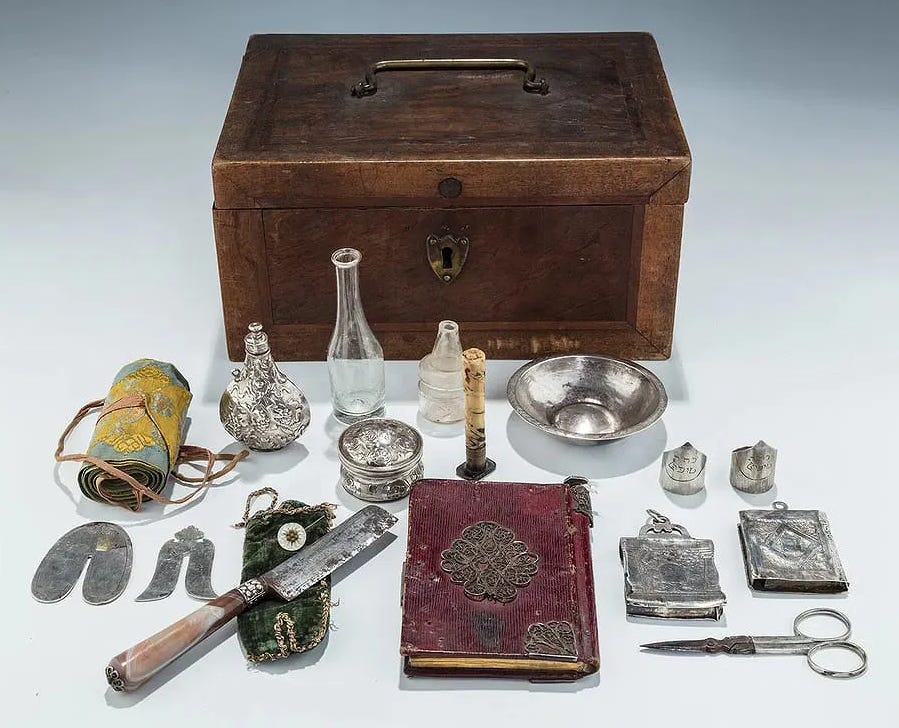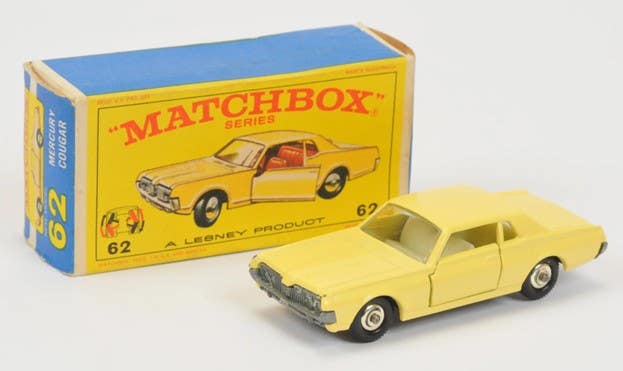Out of the Shredder and Into the Auction
Rare Alan Turing papers to go up for sale on June 17, 2025, during a rare book auction at Hansons.
Cleaning out an attic invariably turns up mountains of old papers; sometimes, the only thing to do with them is throw them away. Fortunately, a family in the UK decided to get a second opinion before they took that step. The papers they found were by Alan Turing, the mathematician considered to be “the father of modern computing,” whose work during World War II was crucial to breaking the German Enigma code. The papers will go up for sale on June 17 by Rare Book Auctions in Lichfield, Staffordshire, a specialist saleroom of Hansons Auctioneers.
The collection, which will sell as 13 lots, is expected to make as much as £150,000. Jim Spencer, director of Rare Book Auctions, calls it “the most important archive I’ve ever handled.”
Lots include academic papers and personal correspondence. Turing’s personal copy of his Ph.D. dissertation, Systems of Logic Based on Ordinals from 1937-38, is valued at £40,000 to £60,000. Another important paper, On Computable Numbers, published 196-37, has the same estimate. This is the paper where Turing proved that a “universal computing machine” is possible, a fundamental idea in computer science.
The papers belonged to mathematician and teacher Norman Routledge, who became friends with Turing at Cambridge University. Routledge was matriculated in 1946, and Turing, who had previously studied at Cambridge, had returned to take physiology courses about the same time. Much of Routledge’s research was based on mathematical concepts Turing had introduced, and he received his Ph.D. in mathematics in 1954.
Turing’s life was tragically cut short. He was prosecuted for homosexual acts in 1952 and was subjected to chemical castration. He died of cyanide poisoning in 1956 at age 41, which an inquest determined was a suicide. He was granted a pardon in 2013. After Turing’s death, his mother gave Routledge the collection of papers, accompanied by a handwritten note dated 1956 in which she states, “I have masses of material because from the time he was about 6 I spotted a winner—despite many detractors at school—and kept many papers about him.”
Routledge kept the papers until he died in 2013, when one of his sisters took them. The papers remained in her attic until she moved into a care home. According to BBC News, her daughters found them while cleaning her house and “considered shredding everything.” Instead, they took the papers to a Routledge family reunion in November 2024, where a family member suggested that there may be collector interest and later took them to a valuation day at Hansons Auctioneers. According to a statement from Rare Book Auctions, the family was “bowled over by the valuations and level of enthusiasm."
Spencer acknowledges the difficulty of predicting sale results for the collection since “Hardly anything like this appears on the open market,” but expects “interest will be strong in Silicon Valley—where Turing’s influence shines brightly.” Turing’s work laid the foundation for the artificial intelligence tools transforming the world today. As Spencer says, “He lives on through his work.”
You may also like:








